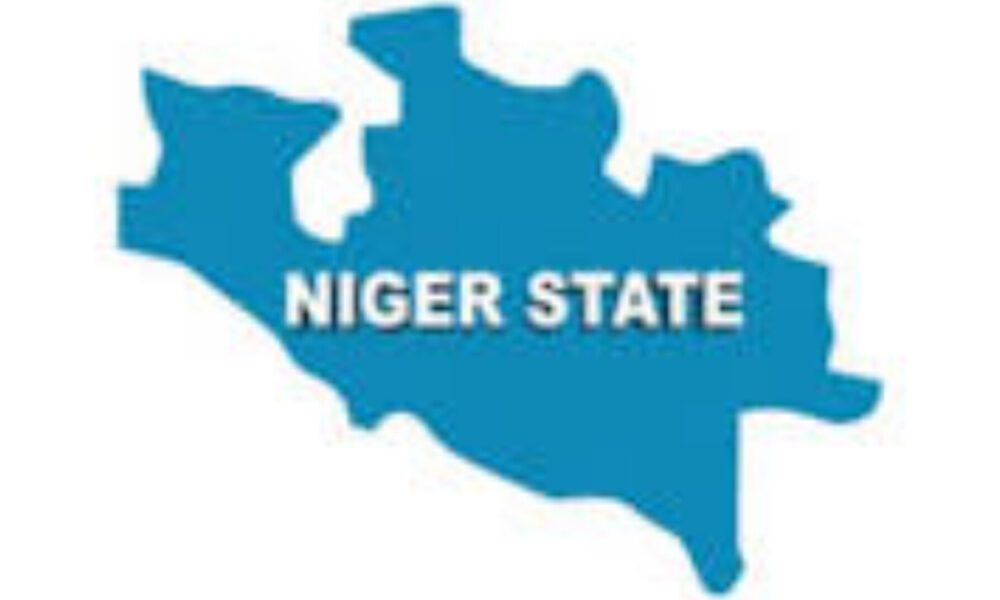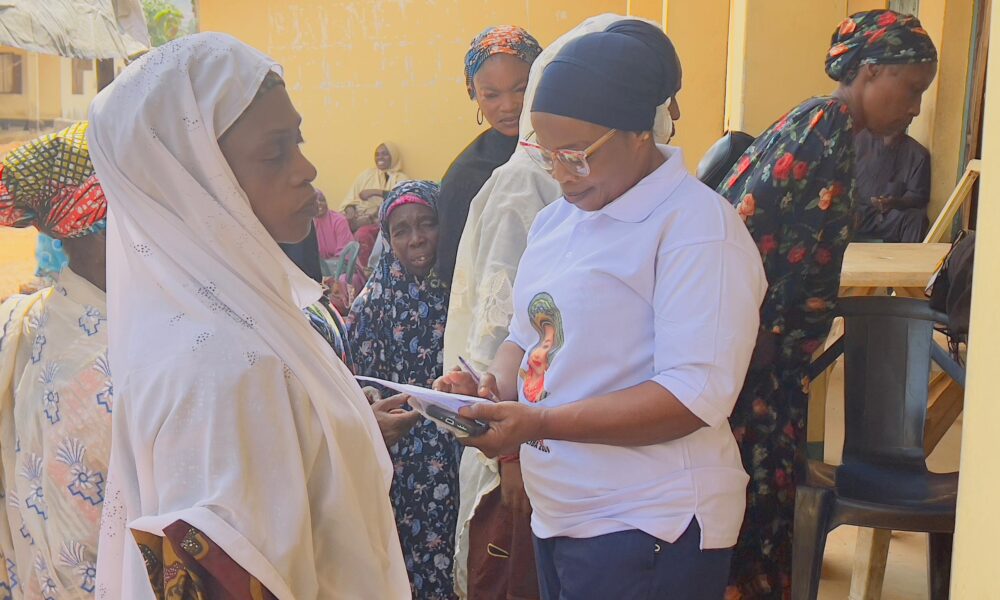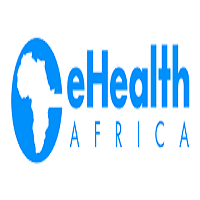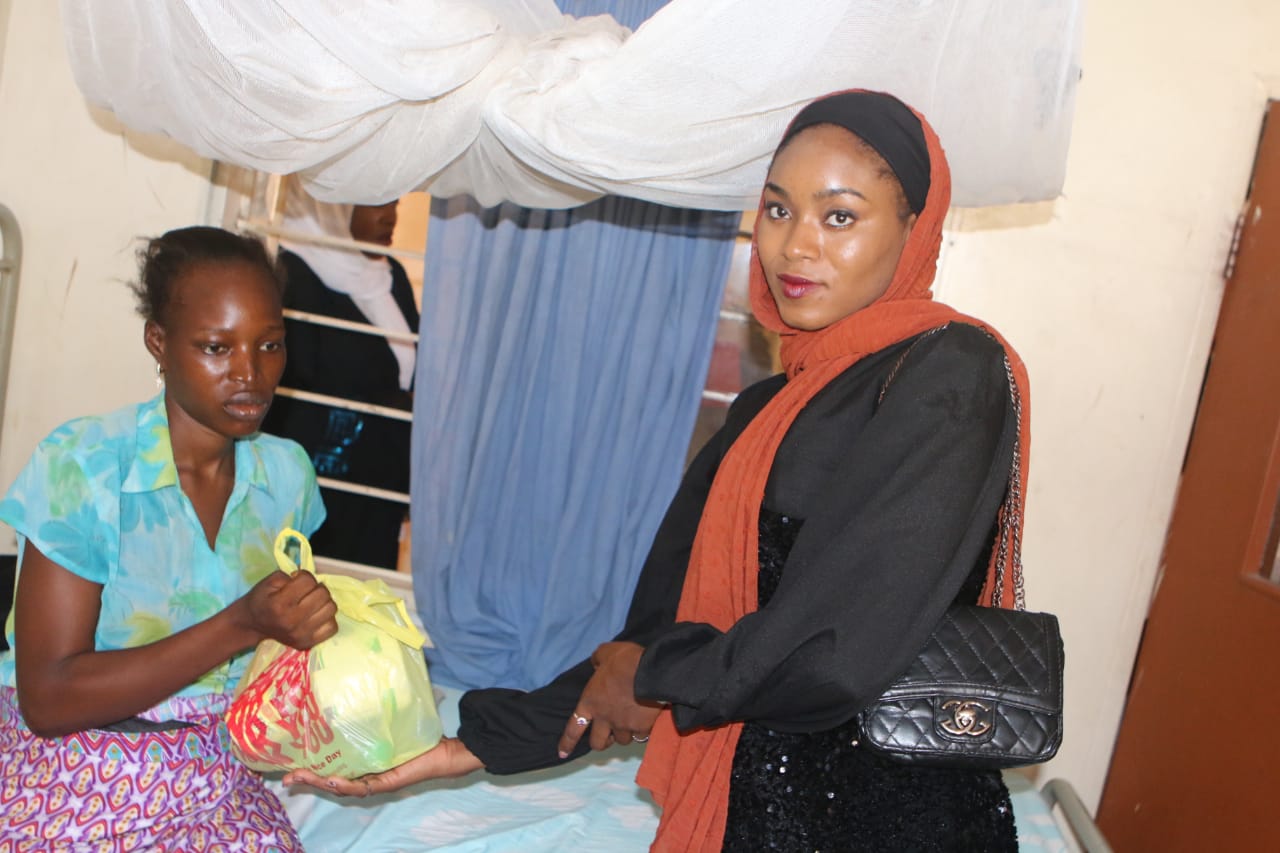Key stakeholders in Nigeria’s healthcare sector have called for increased women participation in the management of Primary Health Care Centers (PHCCs) and advocated for better funding to improve the country’s healthcare system.
This call was made during a two-day capacity building workshop organized by the Federation of Muslim Women’s Association in Nigeria (FOMWAN), Niger State Chapter, in partnership with the Niger State Ministry for Primary Healthcare.
The workshop, which brought together Ward Development Committees (WDCs) and Officers in Charge (OICs) from across the state, was focused on strengthening financial management and improving the utilization of the Basic Health Care Provision Fund (BHCPF) in healthcare facilities.
Stakeholders emphasized the critical role that women play in primary healthcare delivery, noting that 90 percent of PHCC users are women. They argued that increasing women’s involvement in the management of these centers would lead to better service delivery and enhanced resource management.
A representative from the Niger State Health Agency, Mr. Isah Adamu in his presentation on “Inclusive Representation and Budgeting at the Ward Development Committee Level,” highlighted the need to review the National Primary Health Care Development Board’s (NPHCDB) policy, which mandates a 40 percent female representation in management positions.
He stressed that greater inclusion of women, as well as marginalized groups, would significantly improve maternal health outcomes and contribute to achieving the country’s goal of universal health coverage.
Another representative of the Niger State Health Agency, Mallam Abubakar Musa spoke on the issue of inadequate funding for PHCCs, stressing that the lack of sufficient financial resources remains a major challenge to effective healthcare delivery.
Musa pointed out that although there are budget allocations for primary healthcare, mismanagement and inefficient use of the funds have prevented many facilities from reaching their full potential.

Participants in the workshop collectively agreed that misappropriation of the BHCPF funds has contributed to the slow progress toward universal health coverage in Nigeria.
They also pointed out that the Abuja Health Declaration’s call for 10 percent of annual state budgets to be allocated to healthcare remains unmet, further exacerbating the financial challenges facing the healthcare system.
Niger State Coordinator for FOMWAN, Hajiya Kulu Abdullahi, encouraged participants to apply the lessons learned to improve healthcare management in the state. She emphasized that greater accountability, more funding, and a commitment to women’s inclusion in leadership roles are essential for the advancement of primary healthcare services in Nigeria.



